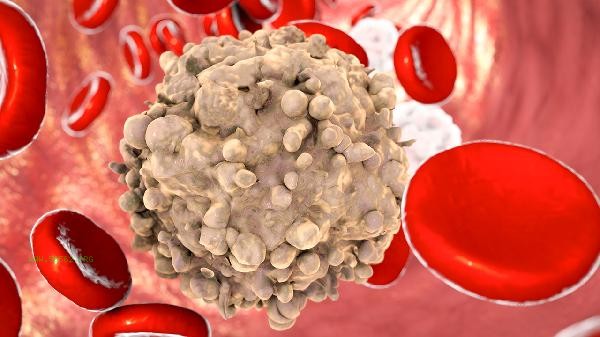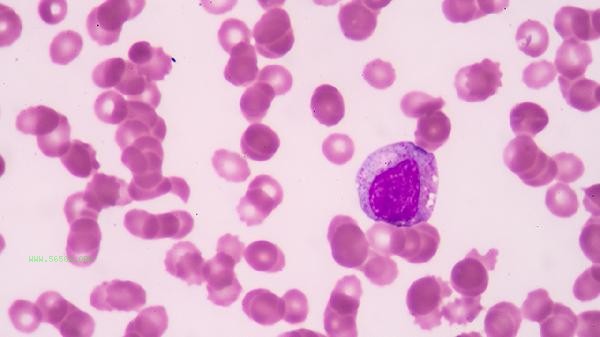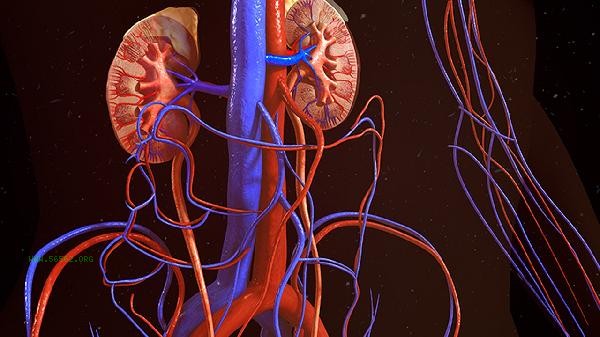A high percentage of eosinophils may be caused by allergic reactions, chronic inflammation, myeloproliferative diseases, endocrine disorders, or parasitic infections.
1. Allergic reactions:

Eosinophils participate in the process of allergic reactions. When the body comes into contact with allergens such as pollen, dust mites, or specific foods, it stimulates eosinophils to release mediators such as histamine. Commonly seen in diseases such as allergic rhinitis and urticaria, blood tests show a mild increase in the proportion of eosinophils, usually accompanied by symptoms such as skin itching and sneezing.
2. Chronic inflammation:
Chronic inflammatory diseases such as rheumatoid arthritis and ulcerative colitis may lead to sustained activation of eosinophils. Inflammatory factors such as interleukin-3 can promote the release of eosinophils from the bone marrow, which is often accompanied by abnormal laboratory indicators such as increased erythrocyte sedimentation rate and elevated C-reactive protein. 3. Bone marrow proliferative diseases: hematopoietic system diseases such as polycythemia vera and chronic myeloid leukemia can cause abnormal proliferation of eosinophils. Bone marrow biopsy shows clonal proliferation of hematopoietic cells, and blood tests often show significant changes in platelet or red blood cell counts in addition to an increase in eosinophils, which requires further diagnosis through genetic testing.
4. Endocrine disorders:

Patients with hypothyroidism may experience an increase in the proportion of eosinophils, which is related to metabolic disorders caused by thyroid hormone deficiency. This type of situation is usually accompanied by a significant increase in thyroid stimulating hormone levels and a decrease in basal metabolic rate. Supplementing thyroid hormones can gradually restore normal indicators.
5. Parasitic infection:
Intestinal parasitic infections such as roundworms and hookworms can stimulate an increase in eosinophils, which is the body's immune response to parasite antigens. Patients often have symptoms such as abdominal pain and malnutrition. Fecal examination can detect insect eggs, and after deworming treatment, the proportion of eosinophils will significantly decrease. When the percentage of eosinophils is found to be high, it is recommended to make a comprehensive judgment based on other testing indicators and clinical symptoms. Daily attention should be paid to recording the history of allergen exposure and avoiding repeated exposure to known allergens; Maintain a balanced diet and supplement with moderate amounts of vitamin B12 and folate to support hematopoietic function; Chronic inflammation patients can engage in low-intensity aerobic exercise to improve their immune function. If there are persistent abnormalities or accompanying symptoms such as weight loss and bone pain, further examinations such as bone marrow puncture should be performed in a timely manner. Residents in parasitic endemic areas should undergo regular fecal examinations, and susceptible populations such as children and pregnant women need to strengthen protective measures.










Comments (0)
Leave a Comment
No comments yet
Be the first to share your thoughts!